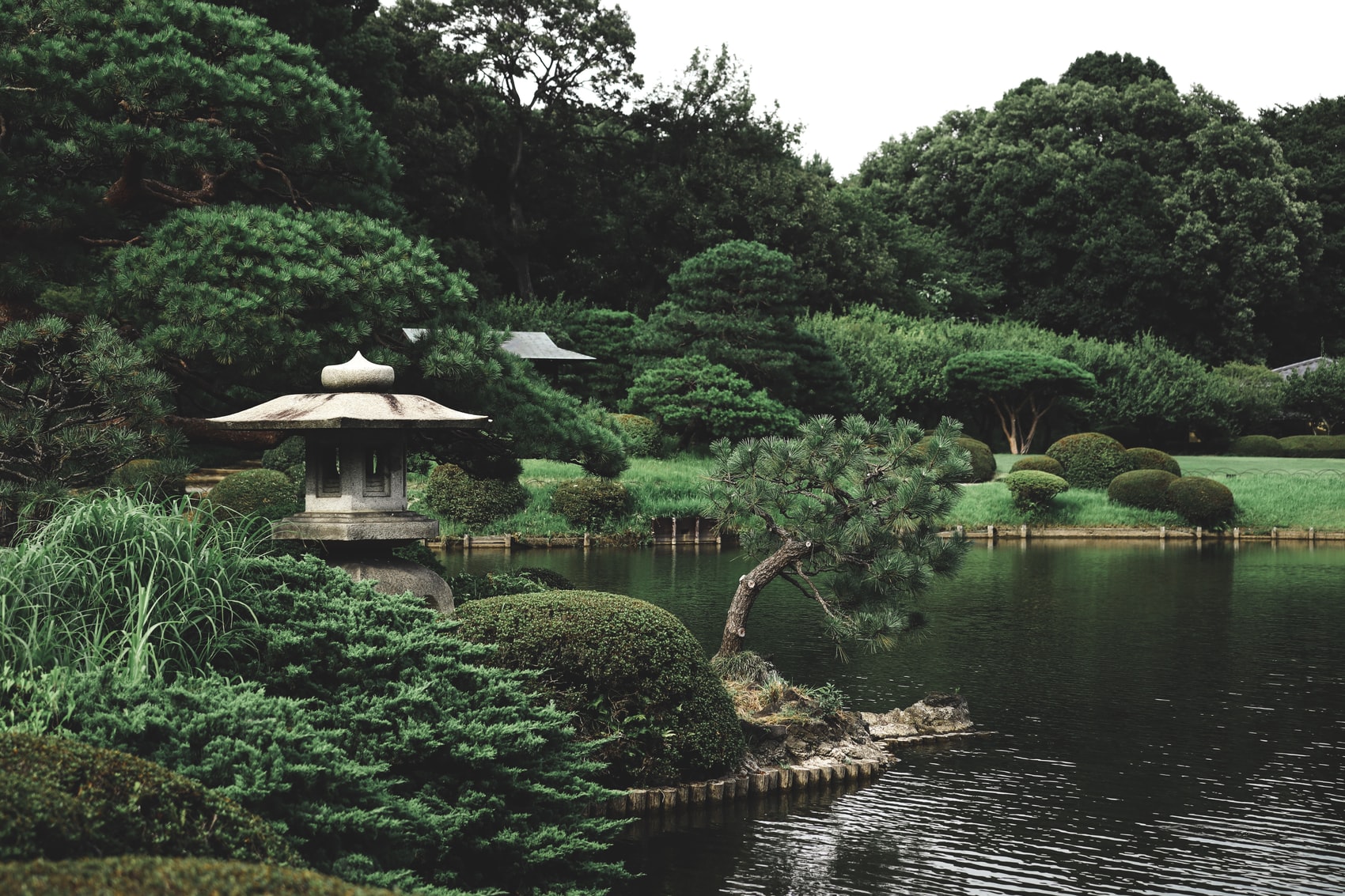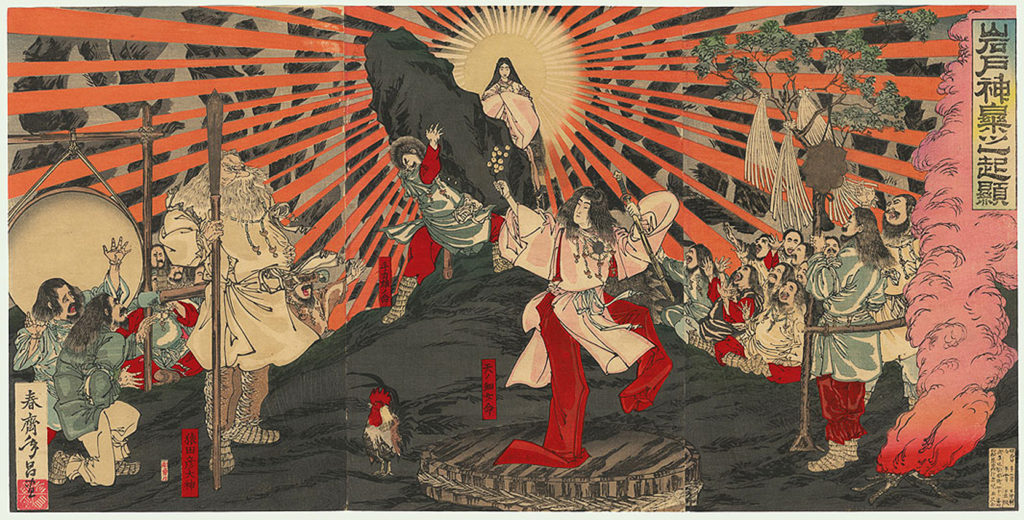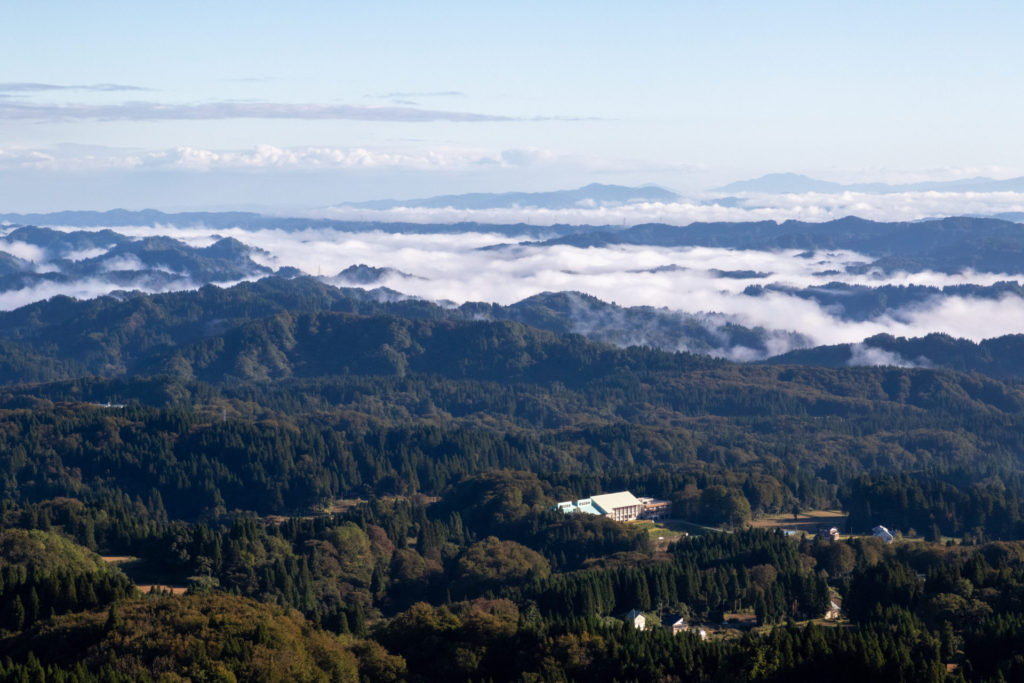Westerners and Japanese have historically had different views of nature. This fundamental difference has led to the creation of different cultures. I would like to compare and contrast the ideas behind the cultures we have today.
How do they see nature differently?
The following are some of the differences between the Western and Eastern views of nature.
The Western View of Nature :
- Nature is to be developed
- Humans are given “dominion” over nature.
Japanese view of nature :
- Nature is considered to be sacred.
- Humans should adapt to nature.
Science is probably the most representative idea born from the Western view of nature. In the West, science was created to control and use nature as a means to enrich human life.
The differences between the Western and Japanese views of nature also began to appear in the arts.
Let's take gardens, for example. Western gardens create artificial beauty by designing symmetrical geometric patterns, sculpting stones, and using fountains to control the flow of water.
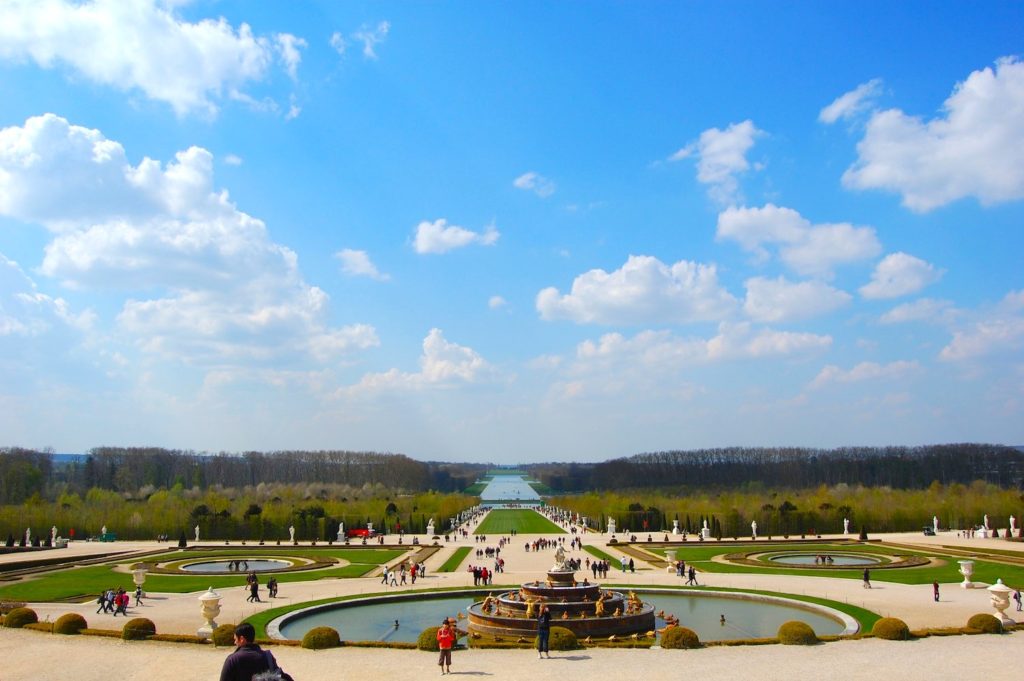
In contrast to western gardens, Japanese gardens emphasize asymmetry. They make use of the characteristics of the land and natural forms as they are.
This is based on the view of nature that the less human intervention, the more harmony and respect for nature will be reflected and the more beautiful the garden will be.
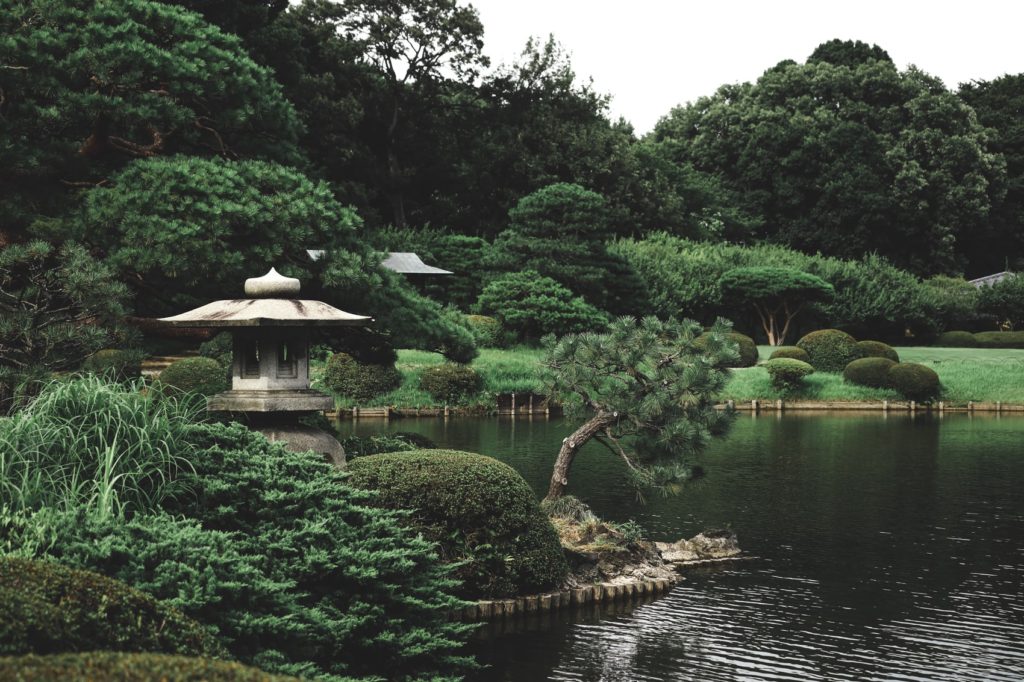
Why the differences?
While the Western world tries to control nature, Japan tries to live in harmony with nature. Why did these differences in views of nature emerge in the first place?
Differences in climate
The first thing to consider is the difference in climate between Europe and Japan. In Japan, about 75% of the land area is covered with mountains. Because there are so many mountains, the rivers are often swift, and because Japan is an island nation, it is covered by the sea. This is a unique environment where mountains, rivers, and the ocean are all around us. It is expected that there have been many disasters such as earthquakes and river floods since ancient times.
In addition, spring, summer, autumn, and winter are clearly defined, and the food available in each season is completely different. Some areas may be forced to cope with heavy snowfall. As a result of living with such various aspects of nature, we can see that people live with nature based on various emotions such as gratitude and awe.
According to "The Achetype of the Idea of Symbiosis: A quest for the Japanese View of Nature", the ancient Japanese feared nature rather than loved it, and this fear of nature was the reason why the Japanese worshipped nature as a god. This is the reason why one of the Japanese views of nature was to harmonize with nature, rather than confront it.
Western Philosophy and Eastern Philosophy
The differences in philosophies that have developed in the West and the East have also greatly changed the way they look at nature.
Something vs Nothing
The idea of existence create a major difference between the West and the East.
In the West, many philosophers have formulated their own theories on the questions of the origin of all things and what existence is. Thales answered that the source of all things is water, Heraclitus answered that the source of all things is fire, and many others, such as Empedocles and Pythagoras, have spoken about what the source of all things is.
On the contrary, eastern philosopher often talk about nothingness when it comes to existense The Buddhist concepts of "一切皆空 (Issai Kaiku)" and "諸法無我(Shoho muga)" are one of examples of concept.
Example : Shoho Muga (諸法無我)
→phenomena are in existence by condition, thus, they have no substance (reference : Kofuji)
This idea of existence has a lot to do with the concept of the self, which we will look at next.
Concept of the self
As with the idea of existence, the West and the East are very different when it comes to the concept of the self. Eastern philosophies clearly assert that the self is an illusory fiction and does not exist in reality, and they often teach the abandonment of one's own artificiality and selfishness. Examples of this concept are Shinran's "自然法爾 Zinen Honi", Dogen's "身心脱落 Shinshindaraku", and Laozi and Zhuangzi's "Tao".
There have been some articles on the comparison of the self between the West and the East.
The Concept of Self in Eastern and Western Philosophy
According to "西洋の哲学・東洋の思想 (the Western philosophy and Eastern thought) by Kunitsugu Kosaka, what Shinran and Dogen have in common is that their teachings on "nature" reject selfishness and thoughts such as "self-centeredness" and that the true world is the world that is disclosed by denying or abandoning such self-centeredness.
This teaching of indiscretion has been handed down from generation to generation in Eastern philosophy, and it is thought that the values of adaptation and coexistence with nature remain strong in Japan.
Reference: The Achetype of the Idea of Symbiosis: A quest for the Japanese View of Nature The Concept of Self in Eastern and Western Philosophy 日本庭園と西洋庭園の比較から見る自然に対する価値感の違い 西洋の哲学・東洋の思想 (Books)

